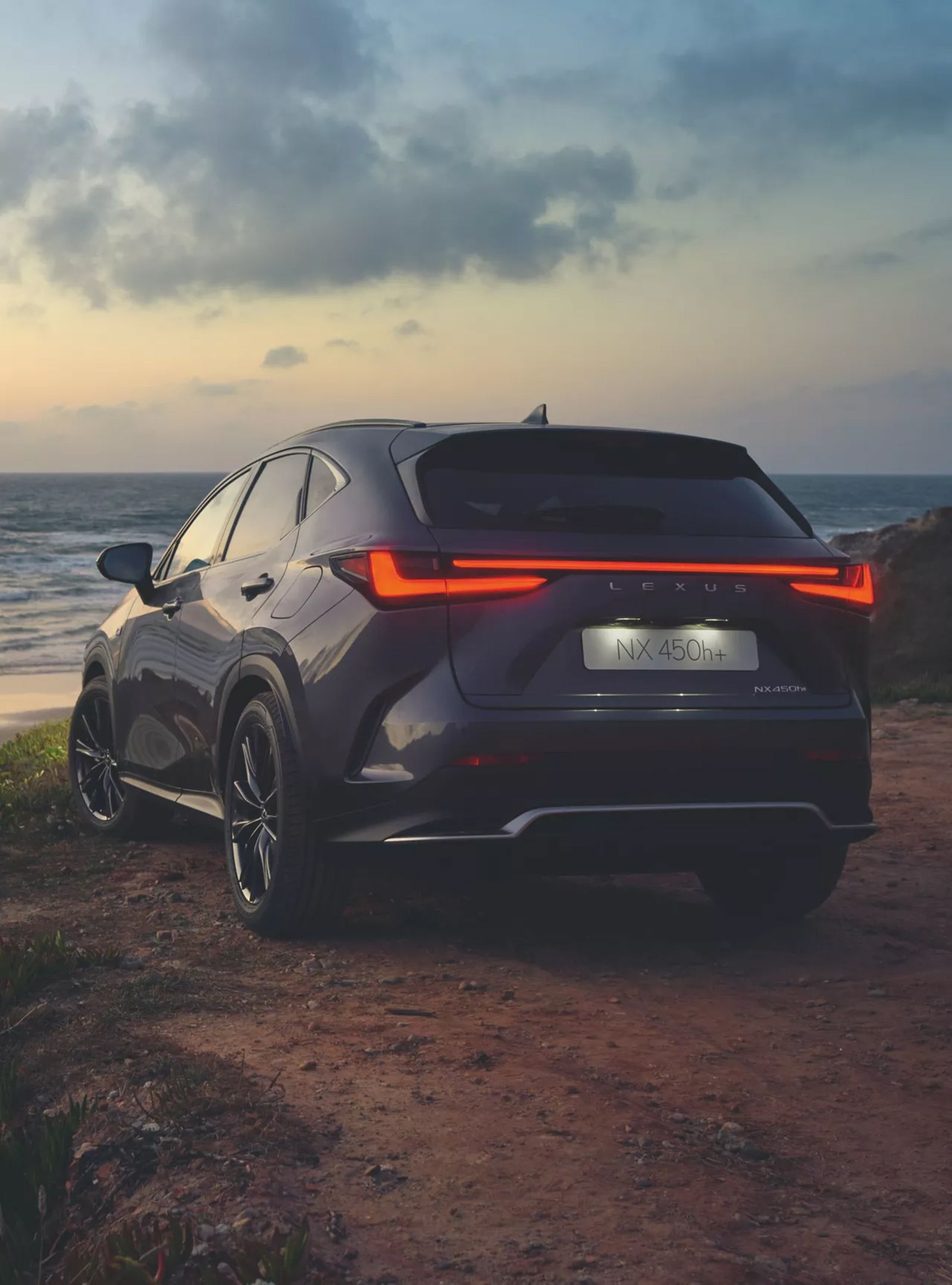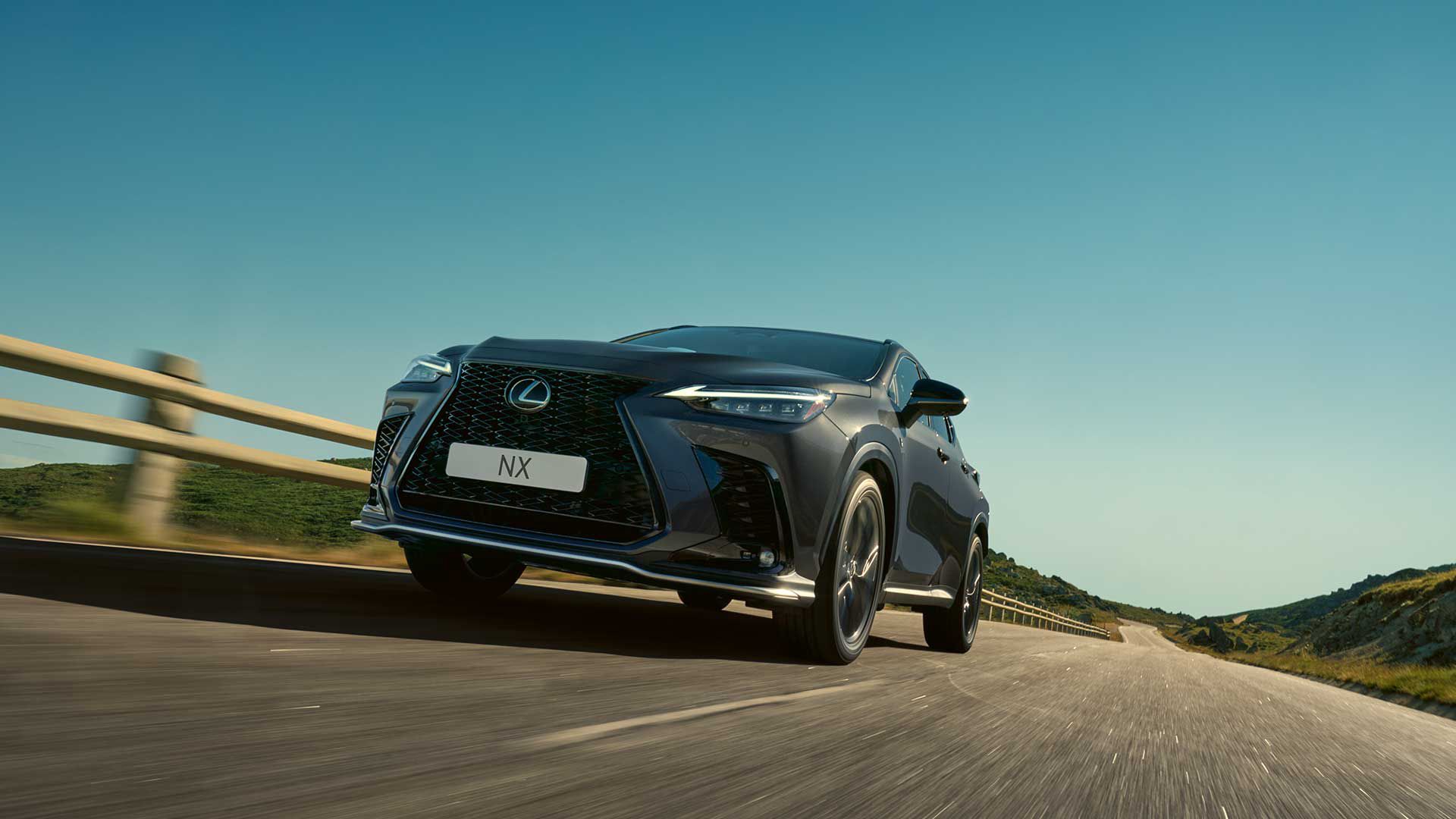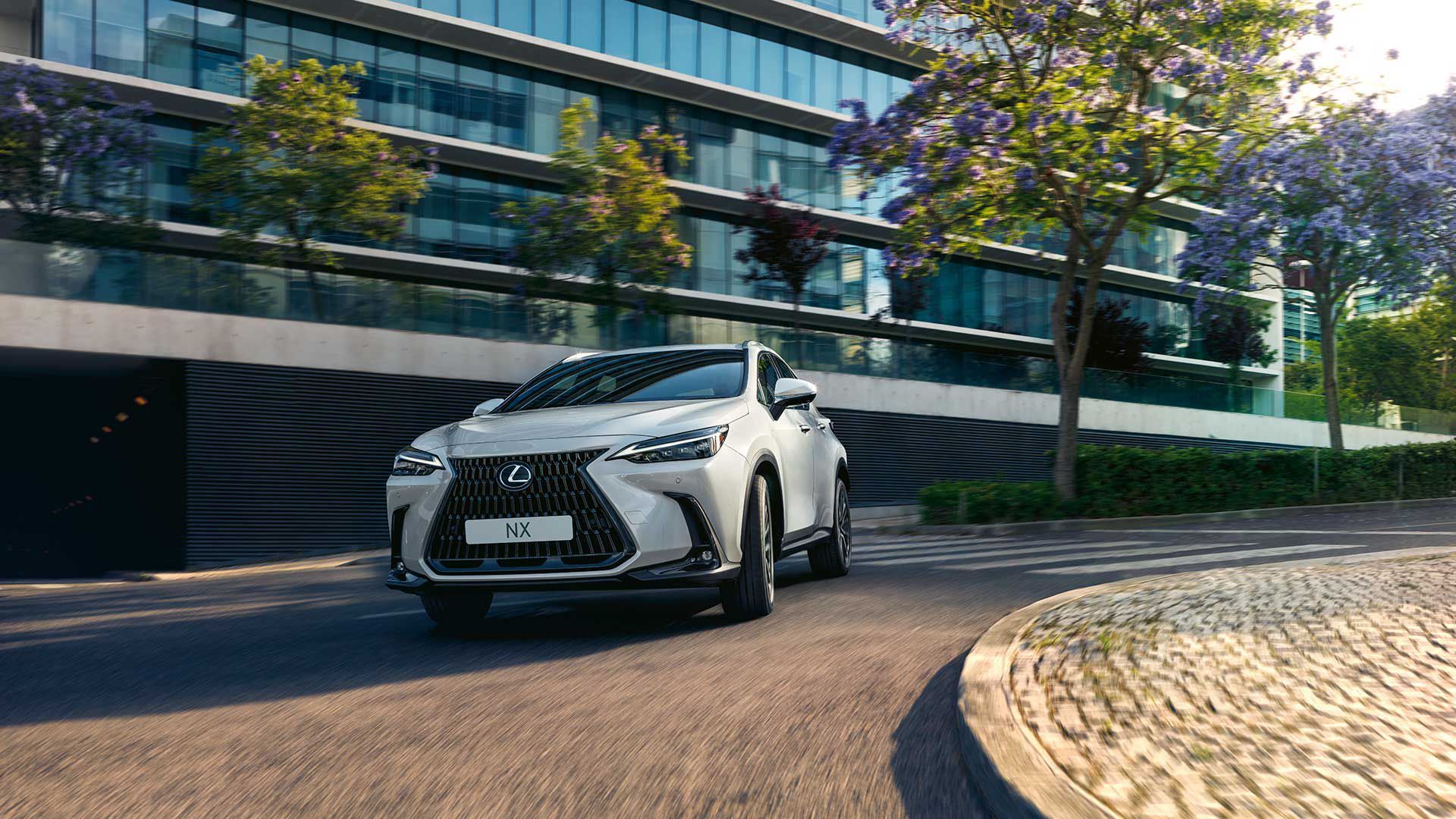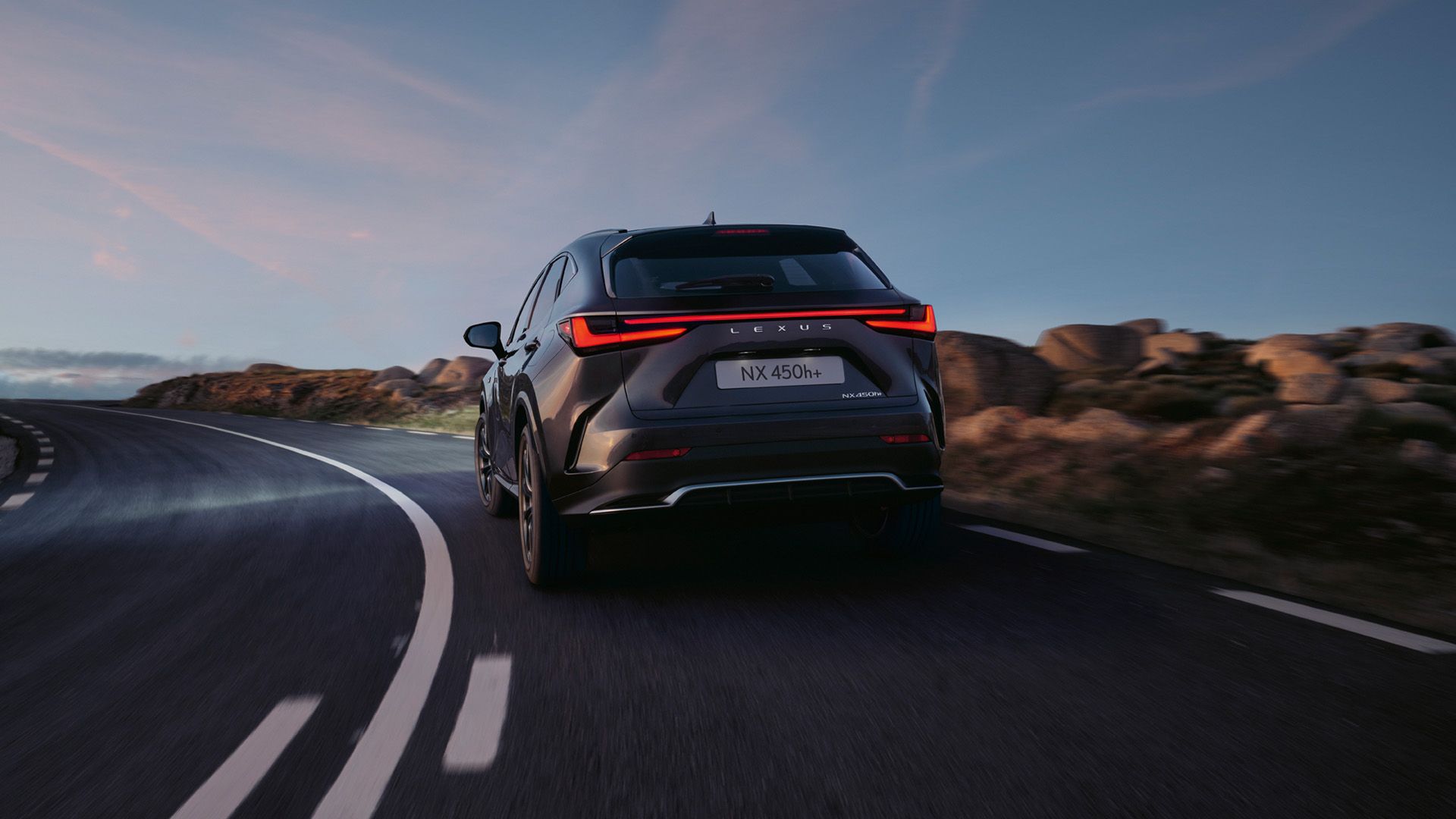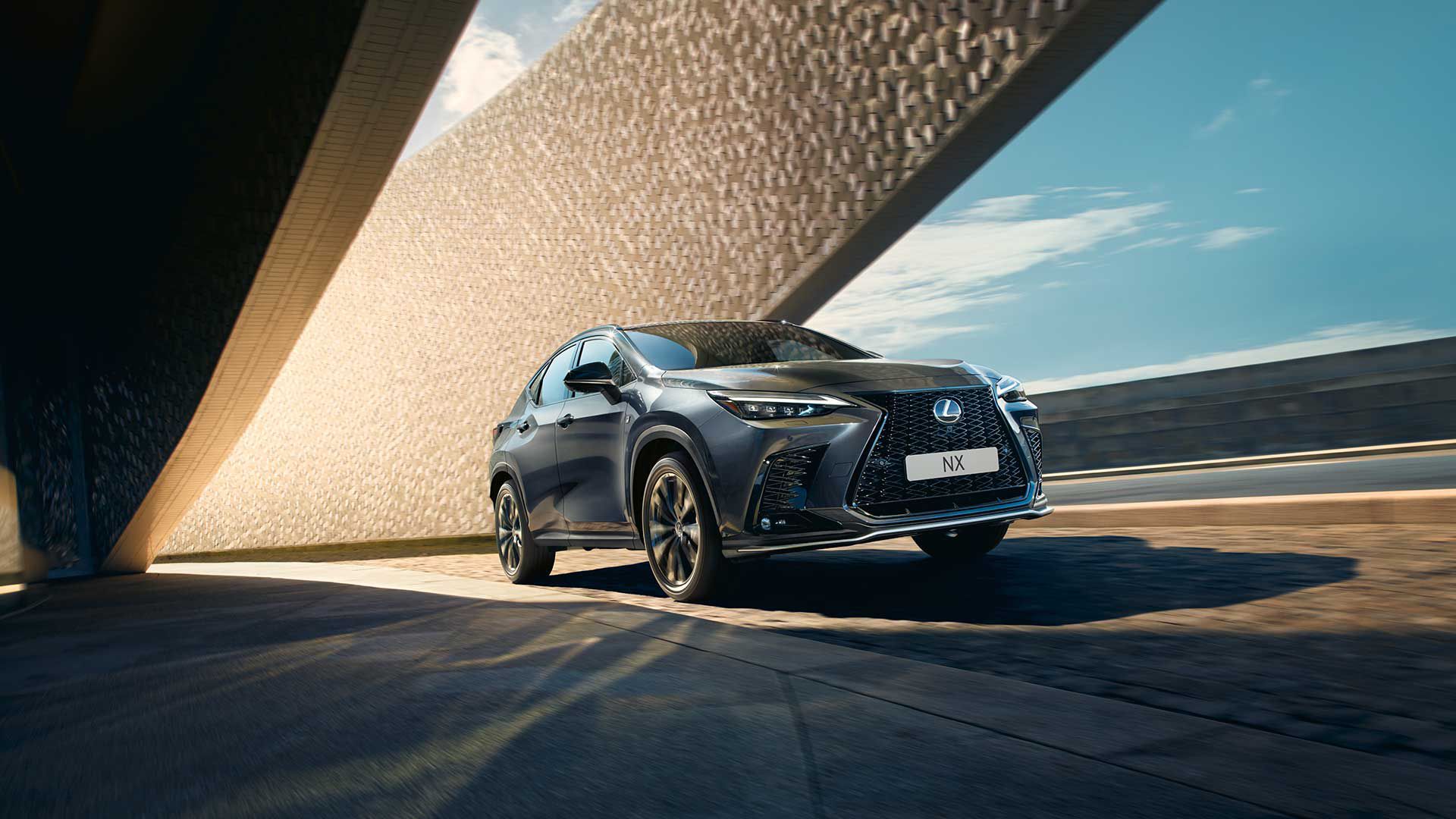A Plug-in Hybrid Electric Vehicle, otherwise known as a PHEV or Plug-in Hybrid has a petrol engine, and a rechargeable electric battery.
The battery is larger than a standard hybrid vehicle, meaning you can travel further with no emissions at the tailpipe when in EV mode, which uses electric power alone.
When the battery runs low, the plug-in hybrid uses a combination of petrol and electric energy.
